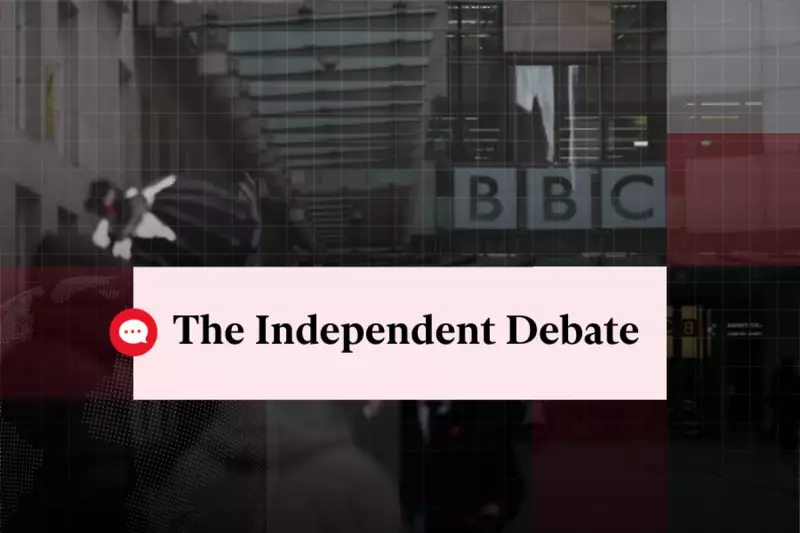
The British Broadcasting Corporation faces a profound moment of reckoning following the dramatic resignation of its director general, Tim Davie, and the departure of BBC News chief Deborah Turness. This leadership crisis, ignited by the Panorama controversy and intensified by Donald Trump's threat of legal action, has forced a national conversation about the very soul of the BBC and whether its century-old public service model can survive the challenges of 2025.
A Corporation Under Fire
The storm engulfing the BBC is multifaceted. Outgoing director general Tim Davie admitted the corporation had 'made some mistakes that have cost us', a stark acknowledgment of the precarious position it now occupies. The immediate flashpoint has been the Panorama controversy, which drew a threat of legal action from former US President Donald Trump. This incident has left many questioning the broadcaster's resilience to external pressure, whether political, legal, or commercial.
Compounding this are reputational scandals that have chipped away at public trust. These range from the prosecution of veteran presenter Huw Edwards to the debates surrounding Bob Vylan's Glastonbury set. For nearly a century, the BBC has been funded by the licence fee, with a mission to provide impartial news and high-quality programming for the whole UK, from education and drama to music and science, without the imperative of commercial profit.
Defence and Critique of the BBC Model
Amid the turmoil, a fierce debate about the broadcaster's future is raging. Defenders of the corporation argue its model is more vital than ever. They point to its global role and the quality of its reporting, insisting the public service model is the bedrock of trustworthy journalism and a uniquely British cultural output. They warn that succumbing to external pressures risks fundamentally undermining press freedom.
Conversely, critics contend the BBC is struggling to stay relevant. They argue the corporation has lost its way and that its reputation has been too deeply dented by recent events. The central question being posed is whether the BBC should carefully modernise to meet the needs of a changing audience or use the Panorama controversy as a catalyst for a radical overhaul of its entire structure.
Political Stakes and Public Opinion
The political stakes are high. Prime Minister Keir Starmer this week threw his weight behind the broadcaster, telling MPs: 'Let me be clear, I believe in a strong and independent BBC … In an age of disinformation, the argument for an impartial British news service is stronger than ever.' This endorsement underscores the BBC's central role in the UK's cultural and democratic landscape.
As the nation digests the leadership exodus, the conversation is now shifting to the public. The fundamental dilemma remains: should the BBC double down on its founding public service mission, or is it time for a fundamental rethink? The answer will shape British media for generations to come.





